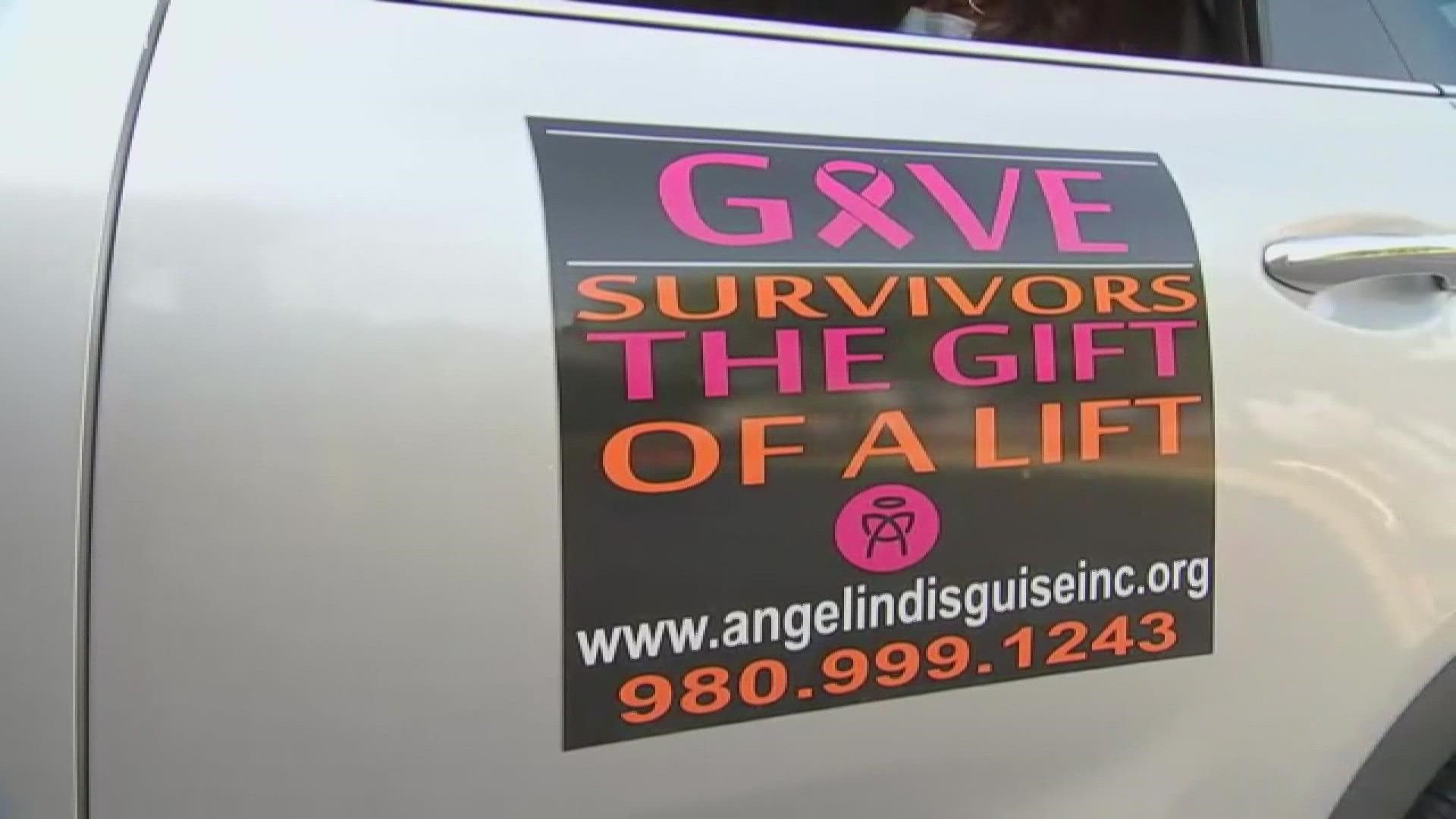CHARLOTTE, N.C. — Most people in the world have been impacted by cancer in some way, it is one of the leading causes of death across the globe. Friday is World Cancer Day, meant to raise awareness and encourage its prevention, detection, and treatment.
This year’s theme is “Close the care gap,” because experts say there isn’t always equal access to resources. Healthcare disparities in cancer care can have devastating consequences and cost lives.
With a cancer diagnosis, time is of the essence.
“Cancers that are detected earlier are easier to treat or even cure,” Dr. Keithe Shensky, a medical oncologist with Novant Health said.
Barriers to healthcare exist and waste that precious time.
“There are barriers in education, health literacy, physical proximity, meaning are they far away from these services that they need, cost and socioeconomic barriers,” Shensky said.
She said low-income people of color are disproportionately impacted. Novant Health is working to close the gap by working to meet people where they are. Primary care offices have opened in target neighborhoods and they’ve brought screening tools like a mobile mammography unit into the community.
“I can come up with a care plan, come up with a chemotherapy care, but if a patient isn’t able to come to their appointments reliably, how will we facilitate that care anyway,” Shenskey said.
Novant Health is supported by a number of organizations working towards the same goal.
Transportation can be another barrier to treatment. Treatment schedules can be rigorous but again, timing matters.
Several local organizations offer rides to appointments, including Angels in Disguise. A simple gesture that makes a world of difference.
The American Cancer Society also has a volunteer program offering rides. During the pandemic, they’ve offered grant money to both Atrium and Novant Health to help provide transportation for patients. It’s also a 24/7 resource for information to help guide people in the right direction.
“If we’re going to make real progress and make sure everyone gets hope after cancer diagnosis, we have to make sure that we are closing those gaps so that people can get to treatment, they can find their cancers, they can get back on track after cancer,” Jane Smith with the American Cancer Society said.
COVID-19 has also had a huge impact on cancer care. Many people pushed off annual checkups or cancer screenings, doctors report an increase in advanced-stage cancer diagnosis, especially for lower-income minority groups.
Contact Chloe Leshner at cleshner@wcnc.com and follow her on Facebook, Twitter and Instagram.

